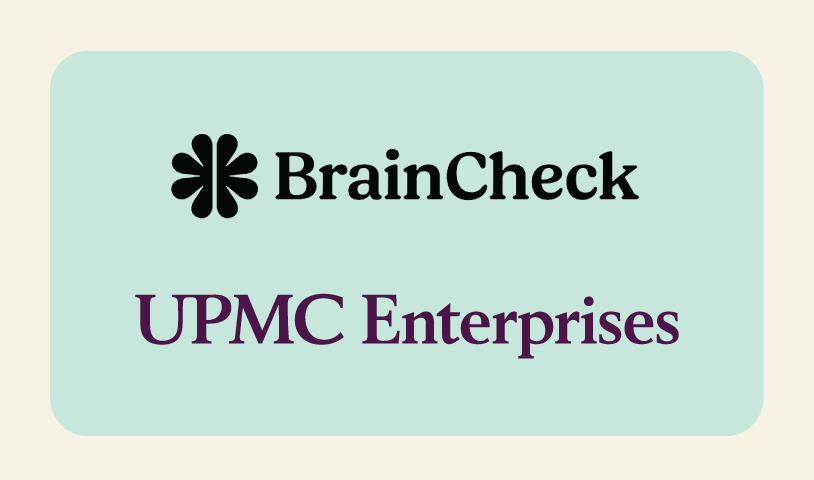Jun 15, 2020
UPMC Partners with NCQA in Natural Language Processing Working Group
The National Committee for Quality Assurance (NCQA) has formed a working group to explore how natural language processing (NLP) can be used in quality measurement and reporting. UPMC has been selected to be part of this elite working group, due to our commitment to the use of unstructured data and NLP in health care. UPMC has already created several companies and products using these technologies.
UPMC Enterprises, UPMC Health Plan, and Wolff Center of UPMC have been collaborating on a new transformative technology that measures health care quality by automatically reading and analyzing clinical notes to determine whether the health care we provide our patients has met the standard of care as defined in national standards such as Healthcare Effectiveness Data and Information (HEDIS), Merit-based Incentive Payment System (MIPS), and Hospital Outpatient Quality Reporting (HOQR).
“We see NLP as a crucial part of the digital transformation that NCQA is moving the health care industry to achieve,” said Dr. Rebecca Jacobson, Vice President of Analytics, UPMC Enterprises. “It’s so important to have NCQA take the lead in defining the best practices for validating this technology, so that health care organizations will have a way to separate the best from the rest.”
The NLP technology has been deployed at UPMC Health Plan, where it is used by the HEDIS team to make their quality measurement more timely, accurate, and efficient.
“Our goal with NLP is to improve the timeliness of data on quality measures to our health care provider network,” said Dr. Amy Helwig, Chief Quality Officer and Vice President of Quality Performance, UPMC Insurance Services. “The more efficiently we deliver accurate data, the easier it is for our providers to deliver the best care and experience to patients.”
UPMC has also deployed the technology to give ongoing automatic feedback to colonoscopy providers on an important outcome-based measure (Adenoma Detection Rate), which could not be generated manually within such a large health system. In both of these cases, the clinical teams are working closely with the technologists to create products that solve real clinical problems.
“We are constantly looking for ways to develop and implement technologies that increase the quality of the health care services we provide to our patients and members,” said Tami Minnier, Chief Quality Officer, UPMC. “UPMC is excited to work with NCQA to help inform and then test our plans for validation, so we can move this new and important technology into the marketplace.”
Learn more about this partnership by visiting the NCQA blog.


